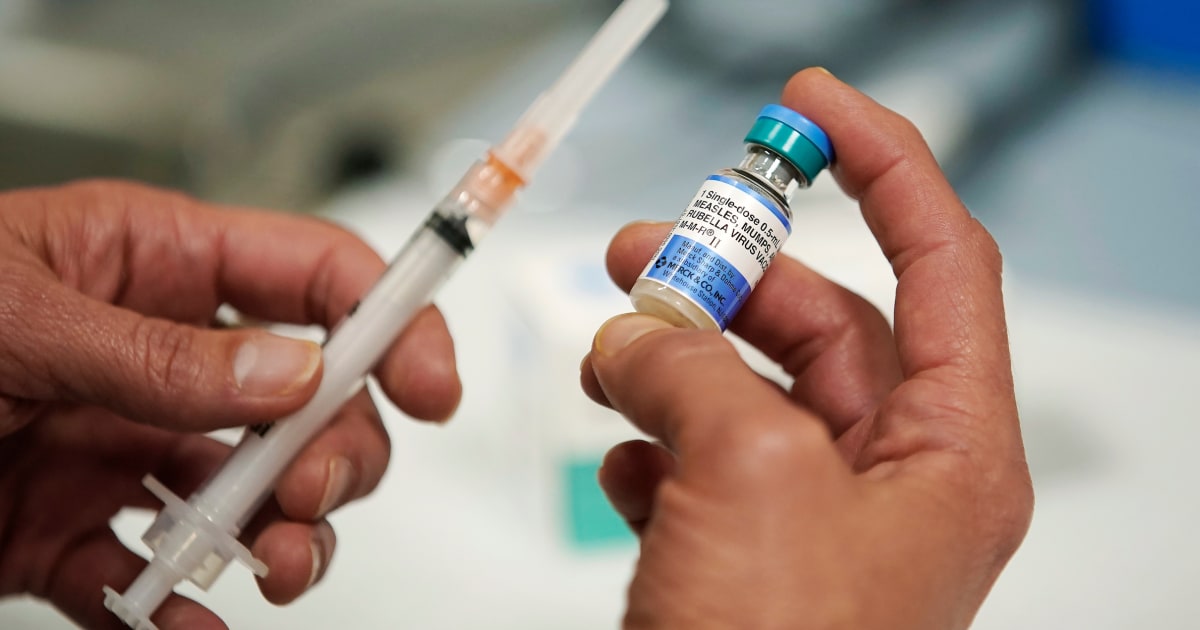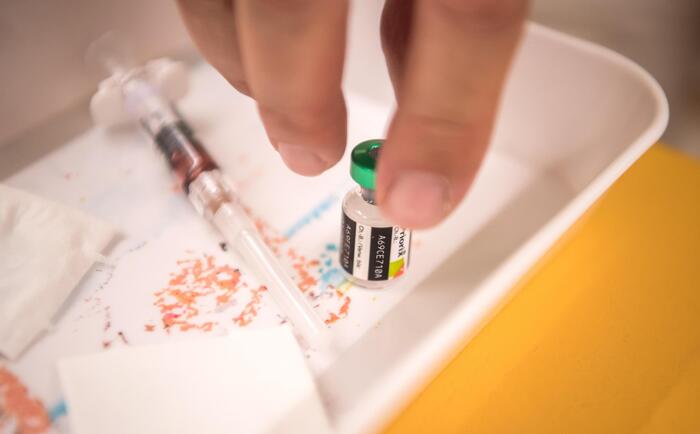Carnival in Düsseldorf (archive): What happens next with the big folk festivals?
Photo: Federico Gambarini / dpa
The pandemic continues, it just keeps changing shape.
No wonder, then, that the central questions in political debates are also constantly changing.
One of the big questions this autumn is: How do we feel about the unvaccinated?
Because from August 23, incidence values above 35, there is a general compulsory test for unvaccinated people - including in clinics, nursing homes, restaurants, hairdressing salons and concert halls.
As of October 11th, the state will no longer assume the costs for these tests in principle, because, this is the argumentation of the rulers: With the corona vaccination there is a free, low-threshold and very safer alternative.
more on the subject
SPIEGEL survey: Majority supports restrictions for unvaccinated people by Laurenz Schreiner
Corona summit in election campaign times: "We can roll the incidence" By Florian Gathmann and Christian Teevs
Before the Prime Minister's Conference: Söder warns of the "pandemic of the unvaccinated"
It is now becoming apparent that the restrictions for those who do not want to be vaccinated and those who do not want to be vaccinated are likely to be even greater: The German government wants to adhere to the so-called 3G principle - i.e. the principle that, in addition to those who have been vaccinated and recovered, those who have been vaccinated also have access to indoor events and activities.
Bavaria's Prime Minister Markus Söder, however, is already expecting a turnaround soon: "2G will come one way or another from a certain point in time, and I would prefer we'd talk about it honestly rather than postpone it until after the federal election," he said CSU chairman on Tuesday in the ARD "Tagesthemen".
In fact, the first companies and organizers are now distancing themselves from the 3G principle, and in some places there will soon only be tickets for those who have been vaccinated and those who have recovered.
An overview:
Football stadiums
At least in some football stadiums, unvaccinated people will soon only have access in exceptional cases - for example, when it comes to children for whom there is still no official vaccination recommendation.
1. FC Köln, for example, will only allow vaccinated or recovered spectators into its stadium from the second home game of the Bundesliga season that begins today.
Managing Director Alexander Wehrle combined this announcement with the wish to be able to quickly fill the entire stadium with guests again: "From our point of view, 2G must be considered in combination with a new reference value from the hospitalization rate, the vaccination rate and the incidence." because of his advance, according to his own statements, various hostilities.
He is not alone with his idea: Bayer Leverkusen also relies on the 2G rule - at least indirectly. According to the current NRW Corona Protection Ordinance, 1000 people may be admitted who have not been vaccinated or recovered, "the association announced on Thursday. It was decided that these places would only be available to tested children and adolescents between the ages of four and 19 with season tickets. 15,105 spectators are admitted to the first home game on the 2nd matchday against Borussia Mönchengladbach.
"For football, as for our society in general, there can only be a certain form of normality again if you convince as many people as possible to be vaccinated," said sports director Rudi Völler.
"Anyone who is not ready for this form of social solidarity must also come to terms with the possible consequences."
Support for this position comes from the municipalities: "Basically, there is nothing wrong with a football club like 1. FC Köln saying that only people who have been vaccinated are allowed into the stadium," Gerd Landsberg, the chief executive of the Association of Towns and Municipalities, told the newspapers of the editorial network Germany.
"This is understandable from a safety point of view, since it is clear that unvaccinated, only tested people pose a higher risk."
Some clubs are still going a different way: Eintracht Frankfurt, for example, has announced that it will adhere to the 3G rule.
"We want to try to let everyone participate," said CEO Axel Hellmann on Wednesday.
"Even those who are not vaccinated, but tested."
Clubs, exhibition halls, theaters
Many organizers of cultural events long for full theaters and halls.
The Federal Association of the Concert and Event Industry is calling for an end to distance rules and capacity restrictions.
Only in this way could the urgently needed full capacity be achieved, said association president Jens Michow.
A decision on 2G or 3G has not yet been made, but Michow is open to the more restrictive approach: Granting only vaccinated and recovered people entry to major events is "certainly not the best of all solutions" for the industry, he said.
"But it is a way to finally find out what is still possible in the future."
The state of Baden-Württemberg is already beginning to move in this direction.
According to the future Corona Ordinance, there should no longer be a maximum number of persons for indoor cultural events as well as in clubs and discos.
However, the visitors must be vaccinated or have recovered or have a negative PCR test.
A rapid antigen test should not be enough.
It looks completely different at trade fairs: Unvaccinated people with negative test results should also be allowed access, as the Exhibition and Trade Fair Committee of German Business (AUMA) announces on request.
"With the 3G principle and the extensive hygiene measures taken by the trade fair organizers, there is a very good set of instruments to safely enable participation in trade fairs," it says.
These concepts have already proven themselves at trade fairs.
"It is now the task of the federal states to create the appropriate legal framework so that trade fairs are permitted nationwide regardless of incidence values."
Popular sports competitions
The debate also affects popular sport: while professionals are not required to be vaccinated in the Bundesliga, but unvaccinated people will soon no longer be able to go to the stadium in some places, the opposite is true at other sporting events.
This means that people without a vaccination will be able to watch cycling races and marathons in the future - whereas athletes have to present proof of vaccination.
At least that's how it is regulated in Hamburg, as the "Hamburger Abendblatt" reported.
As a result, there will be several major events in the coming weeks: the Cyclassics bike race (August 22), the Ironman (August 29), the Global Champions Tour of show jumping (August 26-29), the Haspa marathon (August 12) September) and the World Triathlon (September 18-19).
Some of the organizers expressed concern that the compulsory vaccination could lead to many cancellations.
According to its own statements, the city wants to do everything possible to prevent the mass events from being canceled.
"We are basically ready to compensate for corona-related additional expenses or loss of income," said Interior and Sports Senator Andy Grote (SPD) of the newspaper.
"The organizers know that they can expect appropriate help from us."
Folk festivals
Most folk festivals can hardly be imagined with strict distance rules, this applies to both carnival and Christmas markets. In Düsseldorf, the carnivalists decided to only allow vaccinated and convalescents to celebrate in the next session. A negative test will not be accepted, said the managing director of the Düsseldorf Carneval (CC) committee, Hans-Jürgen Tüllmann, of the "Rheinische Post". “That's not enough for us to protect ourselves from the virus. With this we also want to call for people to be vaccinated. "
How it will go in the neighboring carnival stronghold of Cologne is still uncertain.
"We're still discussing this," said a spokeswoman on Tuesday.
The Düsseldorf regulation is certainly not absurd and also an option for Cologne.
But there is still a little time until the start of the new carnival season on November 11th.
So one can wait a little longer to see how things develop.
The same apparently applies to the Christmas markets, many of which would be set up in three months under normal circumstances.
In Nuremberg, planning for the world-famous Christkindlesmarkt is in full swing under pandemic conditions, as the city's economic advisor Michael Fraas said.
Accordingly, there should be more space between the stalls to avoid crowds, and the market, which traditionally takes place on the main market, should also be relocated to other places in the old town.
"This is how we equalize the flow of visitors," said Fraas.
The final decision as to whether and under what conditions Christmas markets could take place in Bavaria rests with the government in Munich.
This is what many organizers are doing at the moment: What exactly is possible in autumn and winter has yet to be seen.
In Hamburg, for example, where the traditional Winter Cathedral will actually take place in a few months' time, the organizers of the Volksfest have so far kept a low profile: "Unfortunately, at this point in time we cannot make any statements about the regulations that will apply to the Winter Cathedral."
In the worst case, it comes like in Munich: Nobody there is currently concerned with the question of whether unvaccinated people are allowed to visit the world-famous Oktoberfest.
The Oktoberfest is canceled this year as well.
mxw / dpa








